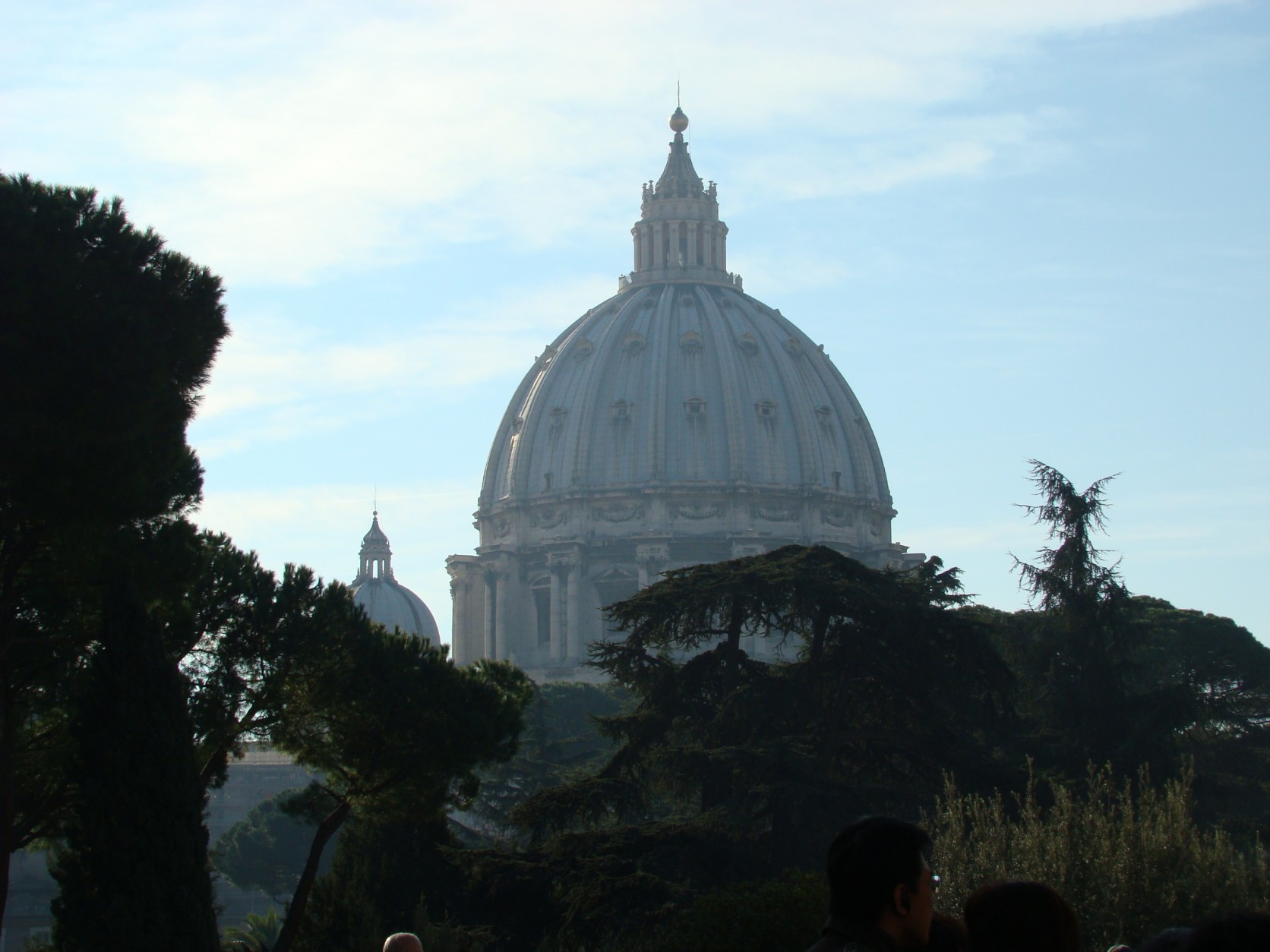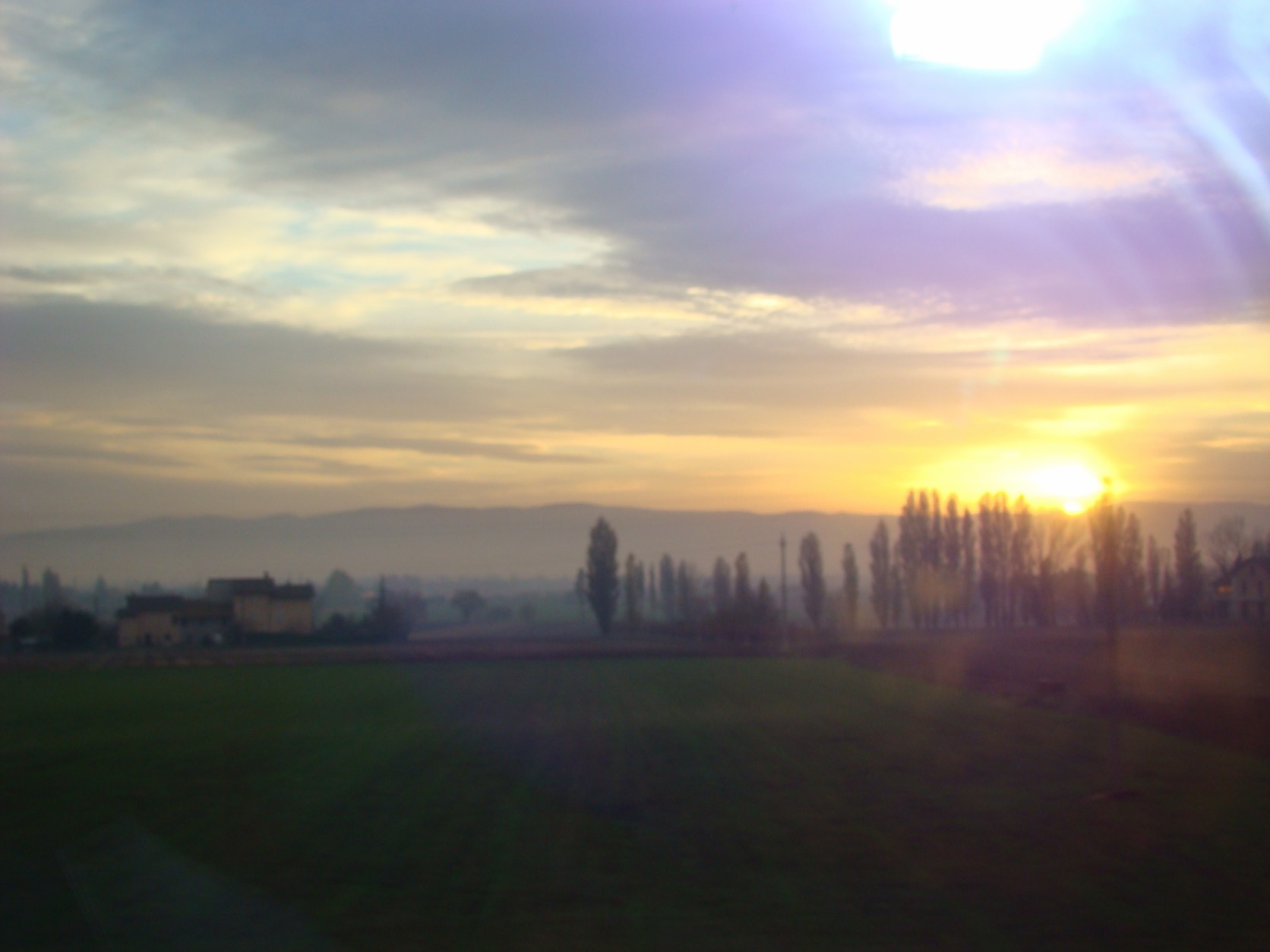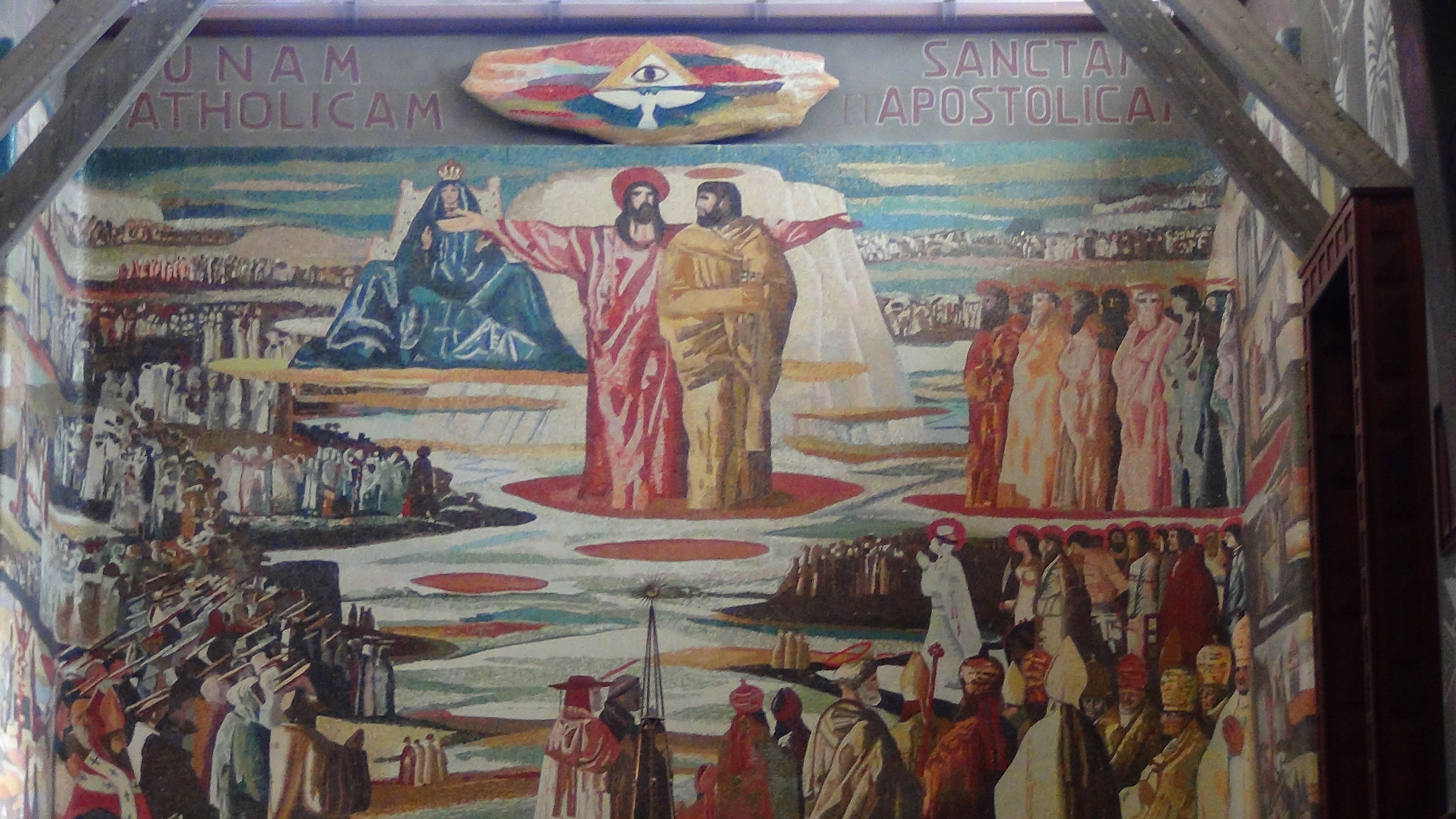Is. 22:19-23; Ps 138:1-3, 6, 8; Rom. 11:33-36; Mt. 16:13-20
Who has the key to God’s House? “The key of the House” of God has been entrusted to his anointed from Abraham to David to Peter. When Jesus gives Peter the keys to the kingdom of God this is nothing new. Looking back in biblical history God has always called on someone to lead his people with great authority as we see today in the first reading “what he opens, no one shall shut, when he shuts, no one shall open”; and in the gospel “whatever you bind on earth shall be bound in heaven; and whatever you loose on earth shall be loosed in heaven”. God is trusting humanity with the keys to the kingdom of heaven. It begs the question “what were you thinking, God to give the key of the House to your servant?”
Of course, our thinking is not the mind of God. In fact, we are to put on the mind of God, to see with the eyes of faith, to trust with the heart of love, to be an imitation of Christ by dying to oneself that he may live in us. I was listening to catholic radio and a caller this week said the priest at the church she attended said Jesus had made a mistake with the Canaanite woman and she corrected him when she said “even dogs eat the scraps that fall from the table of their masters”. If Jesus is God and that we profess then God is perfect in his divinity and the ones who make mistakes are his people. This is the perfect example of Jesus responding “Get behind me, Satan, you do not think as God does but as man” as he said to Peter who he gave the keys to the kingdom of heaven. Again, “what were you thinking, God to give the key of the House to your servant?”
Consider for a moment “who do we trust with the keys to our house?” We may trust our kids, a servant that does our housekeeping, a family member who does not live with us, even a neighbor who has gained our trust. We are by nature in need to trust others in order to function, to live in harmony, to ensure in an emergency someone can enter the house and take action. We are in need of interdependence to be at peace. Some say they don’t need church, just God and themselves. How foolish to believe God operates by our rules and not his. God instituted “Church” as his way and we are wise to follow his way.
You and I, deacons, priests, religious in our humanity are imperfect but God chooses the imperfect to demonstrate his perfection when we surrender to his will. Salvation comes through Christ and we come to Christ by coming to his house of prayer. The Church holds the keys of the kingdom of heaven. It is the Church that gave us the books of the Bible bound in heaven and earth as sacred scripture, the Word of God. It is the Church that gives us the channel of grace through which Christ makes himself present to us in the sacraments. It is the Church that guides the people of God to discern the will of the Father in our times as we deal with the issues of society. It is the will of God to institute a Church governed by his anointed to whom he gives the keys to his house and through his house to the kingdom of heaven.
God’s way is not our way as we read “For who has known the mind of the Lord” but the Lord’s way comes to us by revelation as we come to accept “how unsearchable his ways”. The Lord reveals himself to his people where two or three are gathered in his name. This is a truth that the Lord calls us all to be in fellowship coming to his house of prayer to receive him. The Lord’s will is to come from him to us in the Eucharist, through him in the Holy Spirit, and for him by our worship in God’s house as one body of Christ.
When Peter responds to Jesus saying “You are the Christ, the Son of the living God”, Jesus confirms “For flesh and blood has not revealed this to you, but my heavenly Father”. We come to God’s house of prayer to receive from the Trinity God’s inspiration, the revelation and confirmation of truth that cuts to the heart of a person and sets us free. This freedom of the soul allows to face all our trials, all that God may be asking of us this day with confidence as solid as a rock, the rock of the Church.
Some have said and continue to say “I do not agree with everything the Church teaches”. There is a litany of issues people object to from celibacy of the priesthood, ordination of men only as priest, the church position on abortion, euthanasia, death penalty, confession to a priest, even the requirements for the sacraments. The Church is an institution of authority instituted by Christ for his people. The Church however is its people in which we all share responsibility for building up the kingdom of God.
Some say the Church is not a democracy and we do not all get to vote. The Pope is selected by vote from the Cardinals. There have been many Councils in Church history called by Popes that gather together to address matters of church governance approved by vote. The conference of bishops comes together to establish some policies and norms for the Church in its region or territory by vote. What about the voice of the laity? The Church is also called to listen to the people of God and calls together Synods in which the people are called to contribute as members of the body of Christ.
Synodality is a process by which laity and bishops share in collaboration and discernment as part of the body of Christ. Synodality means a “journeying together as a People of God” to listen to each other how God speaks through the one and the many. Pope Francis describes synodality as “an ecclesial journey that has a soul that is the Holy Spirit”. Synodality is a shared responsibility to walk together as baptized Christians for the life and mission of the Church.
Some confuse synodality as God coming to listen to us, our judgments, our wants, our intent to “fix” what we see is wrong in the Church. Synodality is us coming to listen to God through prayer, reflection, and discernment of God’s will for us guided by the Holy Spirit. The guiding principle of synodality is that it is not about us, it is about God’s will for us. Not only are we called to walk together but God walks with us so that our hearts may burn with his Spirit just as it did to the two disciples who walked with Jesus on the road to Emmus.
The key of the house of God is like a jigsaw puzzle in which all the people of God hold a piece of the key through baptism but it is when we come together to worship as one body that the mystery of faith is opened to unlock and set free the gifts of the Spirit upon all the body. We each hold and share in opening the house of God to all his people. The key of the house of God is the way into the kingdom of God. Blessed are we that God finds us in his House. The key to the house of God begins in the heart of a Christian. Together we care for God’s House and together we build up the kingdom of God.








Recent Comments